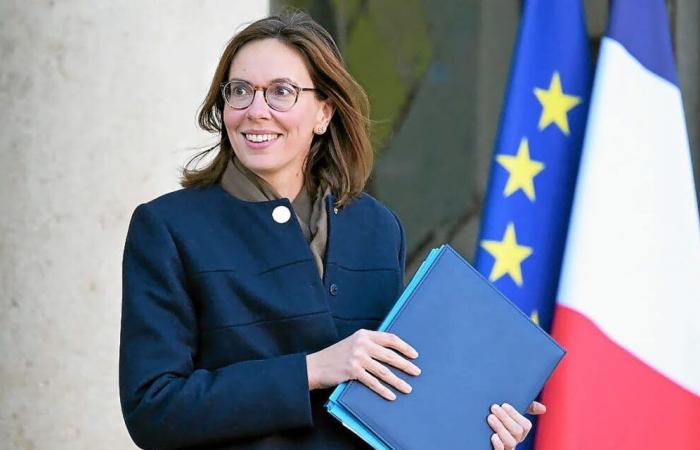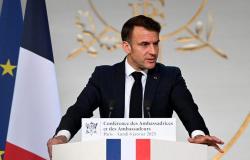“The special law, which made it possible to simply extend that of last year, is not tenable. We do not want a France with minimum service” and “we need a budget”, insists the minister.
“We will start from the texts under discussion in Parliament”
She says she has “no red lines but strong convictions”: “we need to find a compromise and everyone must take a step. Let us be clear: this budget will neither be that of the right, nor that of the left, nor that of the center. It will not be the ideal budget of a party, it will be that of the country.” “The special law was passed unanimously, we can find a majority” on the budget, according to her.
“We will start from the texts under discussion in Parliament. Elements have reached consensus, it would be absurd not to keep them. Others have contributed to censorship: we must take this into account, discuss it with the political forces and significantly amend the budget,” adds Ms. de Montchalin.
“Everyone can and should save more”
“Compared to the text from the Senate, we are still missing more than ten billion euros in savings,” she estimates, calling for public spending to be made “more efficient”. “Everyone can and should save more,” according to her.
“I will make proposals so that the deficit at the end of 2025 does not significantly exceed 5%” of GDP, while the previous government aimed for 5%, after an expected slippage to 6.1% in 2024, she summarizes. According to press information, the government is targeting a public deficit of 5.4% of GDP this year.
“We do not have a totem economic measure,” declares Amélie de Montchalin, saying she is “opposed to blind measures, to the planer” and inviting the use of “parliamentary work” or “independent institutions like the Court of Justice.” accounts that offer savings.”
Additional contribution on large companies
The minister says she wants to “keep the additional contribution on large companies as well as the tax on share buybacks” as well as “the tax on plane tickets”. On the other hand, she warns: “no new taxes or tax increases which would penalize the purchasing power of the middle class. The (increase in) VAT is therefore not an option considered.”
Asked about the efforts required of communities, she describes “the last agreement which provided for around two billion euros in savings” as a “courageous agreement”.
France






